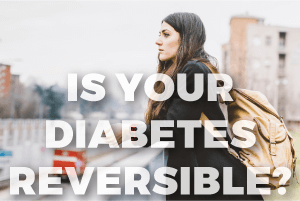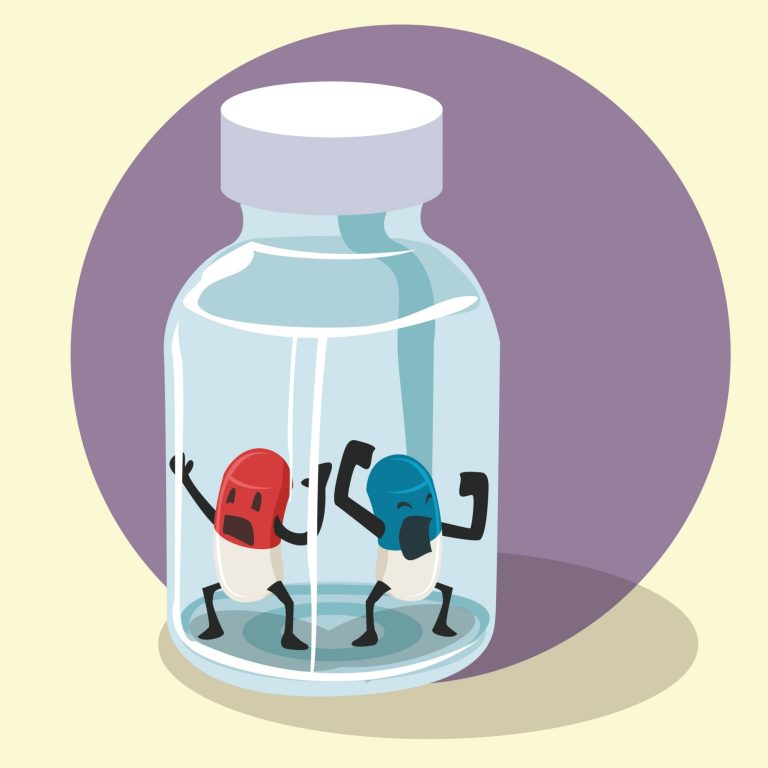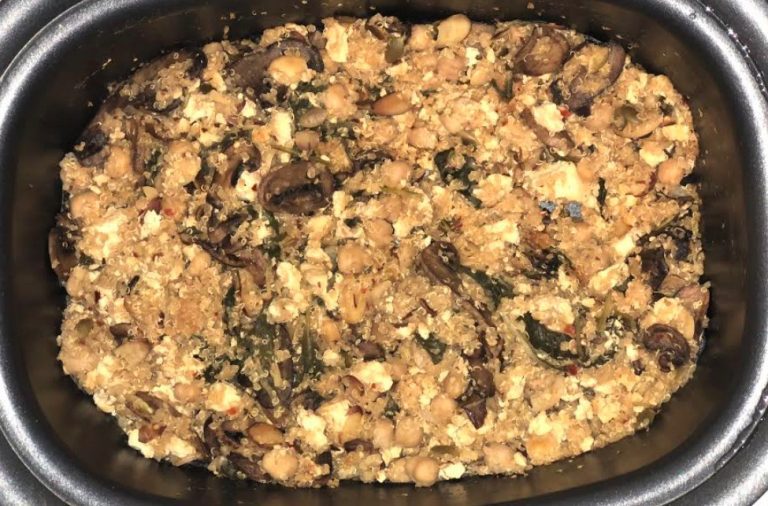Does Your Doctor Understand Type 2 Diabetes?
By Michael Dangovian
April 17, 2017

Does your doctor really understand how type 2 diabetes ACTUALLY works? Read on… you might be unpleasantly surprised…
According to the Center for Disease Control’s (CDC) most recent data, 29 million people in the US have type 2 diabetes.
Alarmingly, roughly a quarter of those people don’t even know it.
A QUARTER.
Another 86 million Americans are classified as prediabetic, where their blood sugar is really high… but just not high enough to be classified as actually “diabetic.” The CDC estimates that 15 to 30 percent of these people will develop full blown type 2 diabetes within the next five years.
This is distressing… for a number of reasons.
For one, type 2 diabetes is a lifestyle disease.
Which means that it’s born out of poor life choices. Eat bad food, don’t exercise, float through life without actually experiencing any of its moments, and you’re going to get diabetes. It’s very possible.
The numbers are scary because type 2 diabetes is TOTALLY preventable.
The second alarming thing about these stats comes from my own personal experience as a practicing cardiologist.
Namely, that there are a lot of doctors out there that simply don’t believe type 2 diabetes is preventable or reversible.
But there’s good news here too. Many people think diabetes is a life sentence.
We know for a fact that it’s not.
General Confusion
Every doctor has an opinion. I might have three different people come in for labs in a given week. Their numbers will come back identical. And yet, the first person’s doctor has told them that yeah, for certain, you have diabetes. The second will have been told they are prediabetic. And the third will have gotten a “let’s just keep an eye on it” from their practitioner.
General advice from a lot of doctors: “Everything in moderation. And take this pill.”
But what does “moderation” even mean? And what’s the pill actually treating?
The truth is, most doctor’s don’t understand nutrition. And it’s really not their fault, we don’t learn it in medical school.
Not to mention, there’s a ton of really terrible information out there floating around.
For example, is yogurt good for you?
Answer? No… Aside from the problems with dairy itself, the sugar content in most brands is ridiculously high. And even the ones that are billed as “sugar free” use artificial sweeteners, which aren’t good for you on a number of levels, and increase substantially your chances of getting diabetes.
Or, is a low carb diet healthy?
Answer: Again, nope. Low carb foods are processed to the point that it’s a stretch of the imagination to even call them “foods” at all.
Or, how about this one: To get protein you have to eat meat.
Again, this isn’t even remotely true. Nuts, seeds, grains, legumes… all of these contain enough protein to sustain (and power) your body.
I’m bringing up these three examples just to show that there is a ton of confusion out there. And doctor’s aren’t exempt. Very few medical schools and residency programs talk about the role diet plays in disease. They just don’t… even though diet is one of the most foundational elements of health.

Bad Advice
The advice generally given to people along the diabetic continuum—”Eat less bad stuff and take this pill”—tends to come from an attitude that I think is very dangerous. There aren’t any studies to support this, but in my experience, doctors tend to treat diabetes as if it’s a long game.
As in: “You have a high chance of diabetes, but we still have time. You don’t have it yet. Or, you do, but it’s not that bad yet.”
The truth, though, is that diabetes isn’t a long game. It’s a very dangerous, very aggressive disease. Once you have it, you’re headed down a very steep, very slippery hill.
Meaning: You need to take action NOW.
To treat it as either fate (you’re “genetically predisposed,” so you’re gonna get it eventually) or as something that doesn’t need taken care of NOW through diet and lifestyle changes are both extremely irresponsible approaches.
So, how should we approach diabetes?
How to Beat Type 2 Diabetes
First, if you either have diabetes or are prediabetic, stop feeling like a victim. Your genes are not your destiny. And your health is your own responsibility.
Second, change your diet. Give up sugar. Give up meat. Give up dairy. Eat vegetables. But make all these changes slowly. Habits are formed baby step by baby step.
(We have a ton of resources on how to do this. To get started, click here, here, or here.)
Thirdly, get moving. That’s going to mean different things for different people, given their health. But even sitting in a chair and lifting your arms above your head a few times each day is going to make a huge difference down the line. Start where you are, and then slowly work up to doing more and more.
Fourthly, if you don’t think you can do it yourself, sign up for one of our free Wellness Dinner Seminars (if you’re in the Detroit-metro area), or find someone local to you that takes a holistic approach to health.
Nationally, type 2 diabetes is a problem. And it’s only getting worse. But at the individual level, if you’re at risk—or already have it—it’s time to take action. The one thing you can’t do is ignore it.







